Vocabulary expansion Building Vocabulary Worksheets for Ages 4-5
18 filtered results
-
From - To
Enhance your child's language skills with our Vocabulary Expansion Building Worksheets for ages 4-5. Our carefully designed activities foster early reading and vocabulary development through engaging, fun tasks. Perfect for preschool and kindergarten learners, these worksheets introduce new words in an exciting and memorable way. From colorful images to creative exercises, each activity is crafted to make vocabulary building enjoyable and effective. Ideal for both classroom and homeschooling environments, these worksheets help young children discover the joy of learning words, setting a strong foundation for future reading comprehension and communication success. Unlock their potential with Kids Academy today!
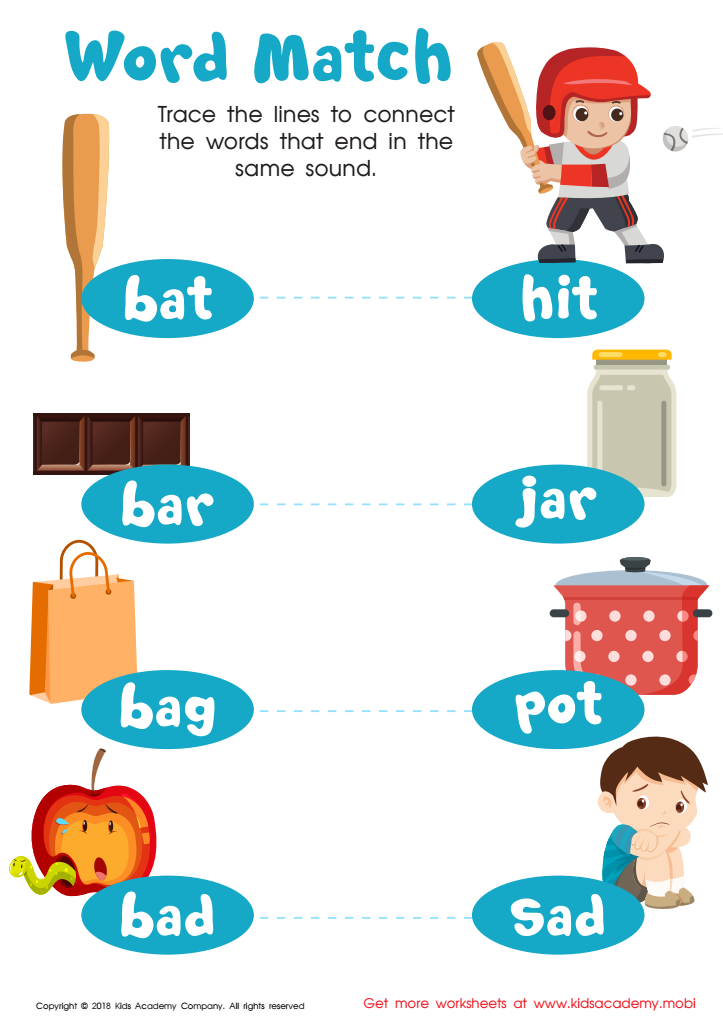

Word Match Reading Worksheet
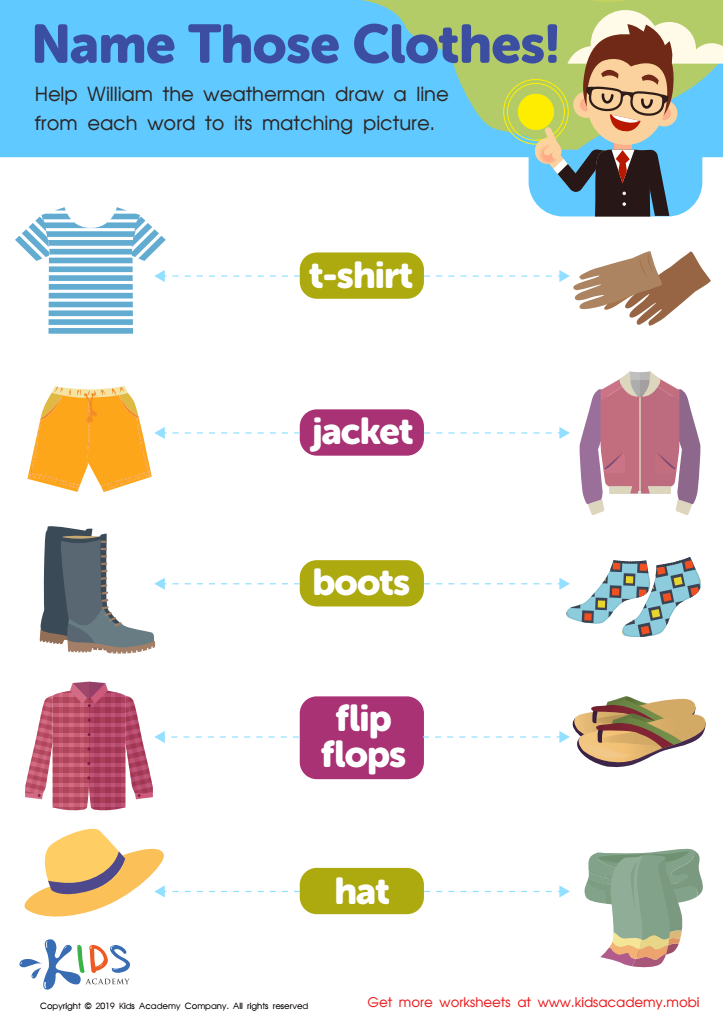

Name Those Clothes Worksheet


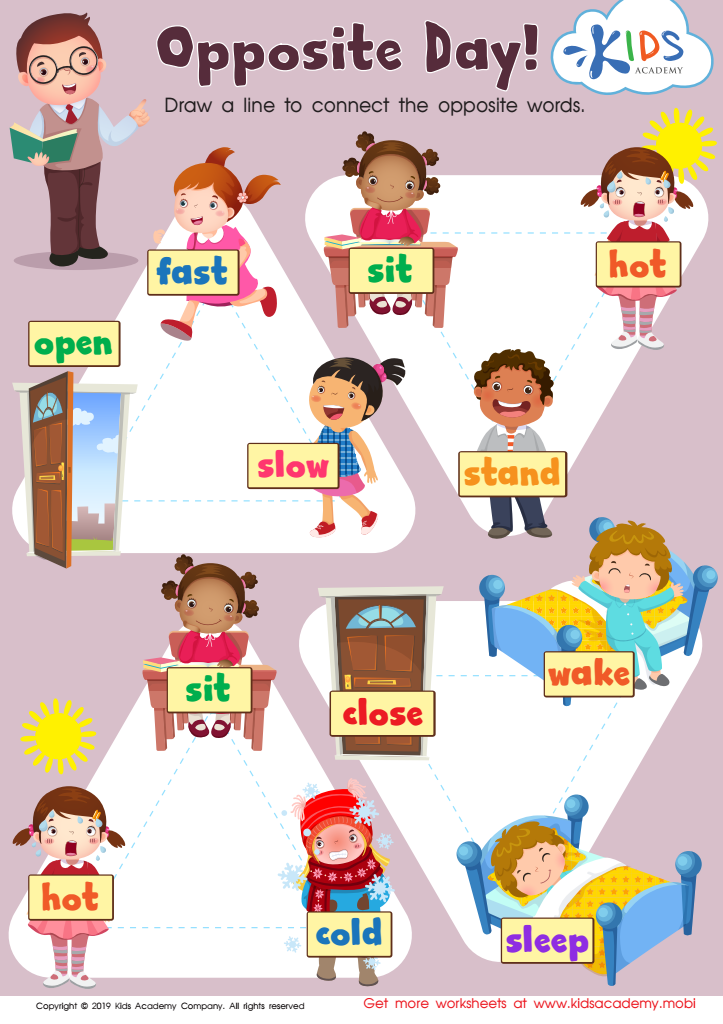

Opposite Day Worksheet
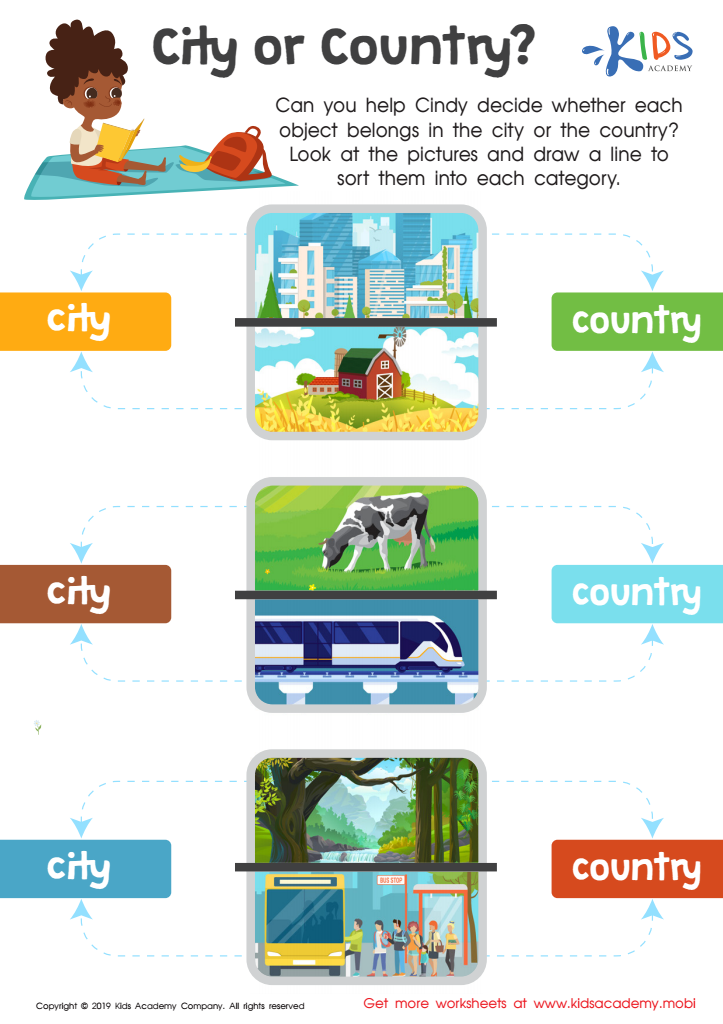

City or Country? Worksheet
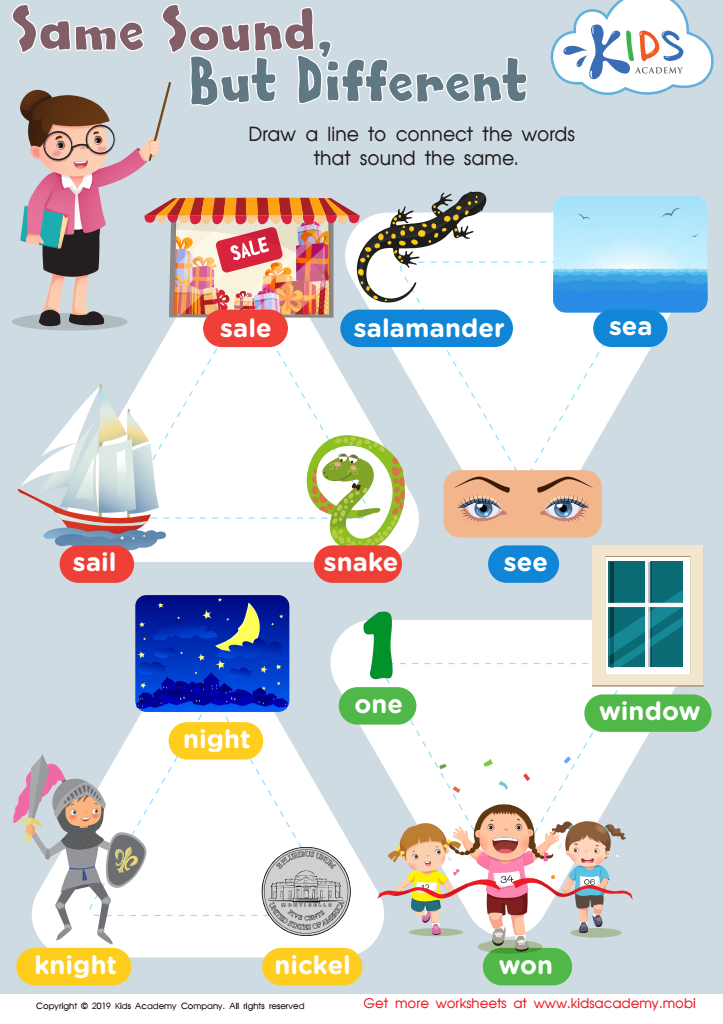

Sound Different Worksheet
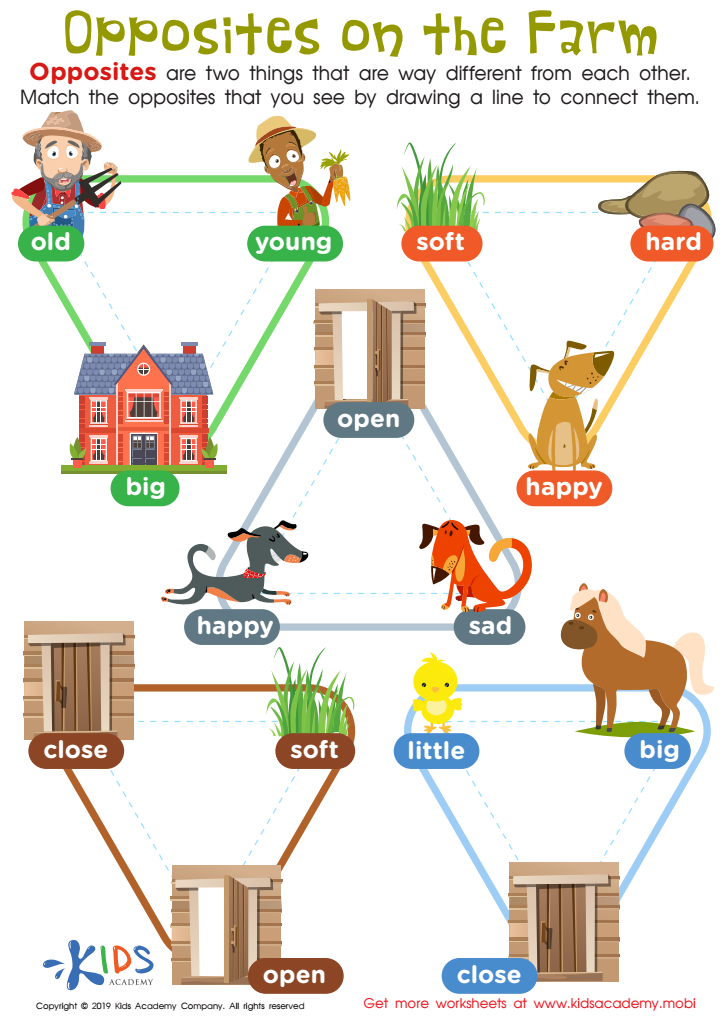

Opposites on the Farm Worksheet
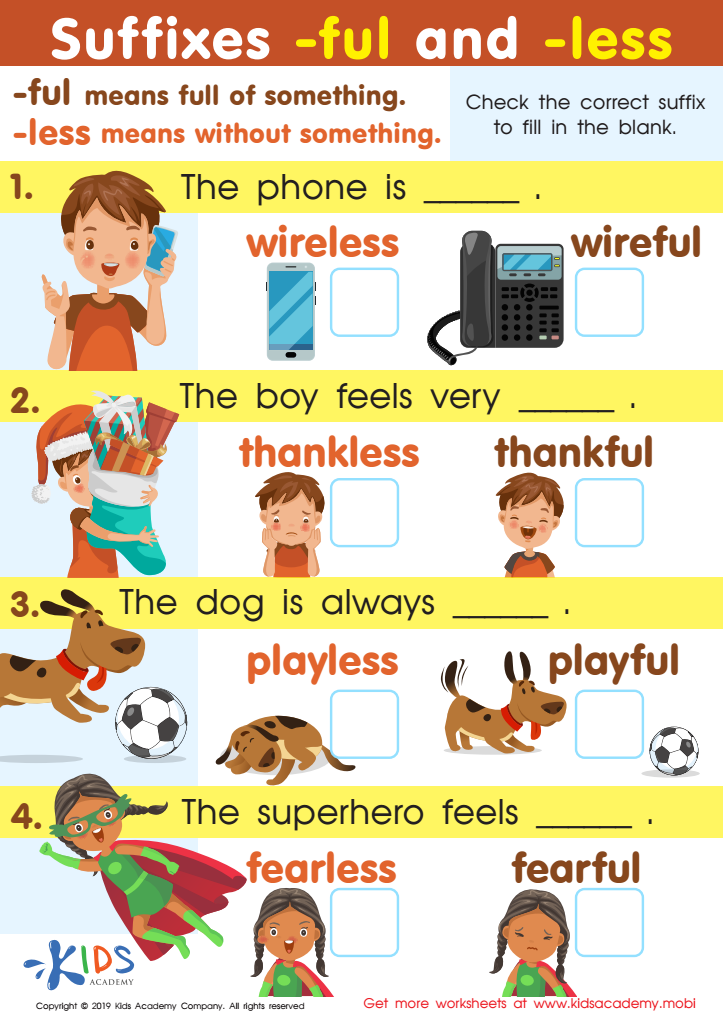

Suffixes –ful and –less Worksheet
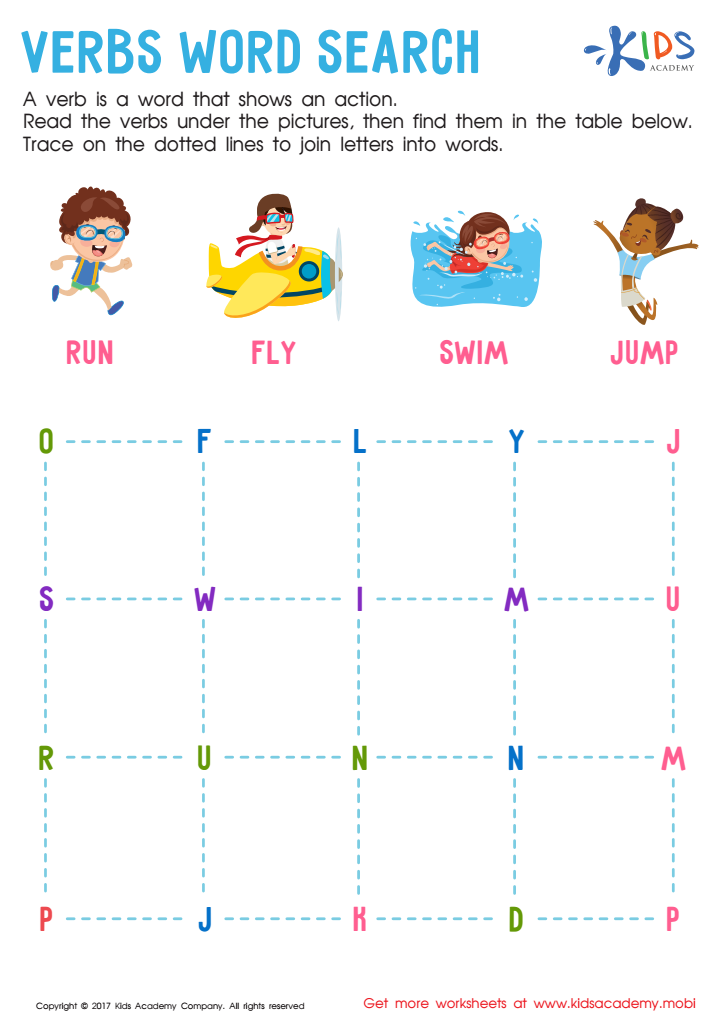

Verbs Word Search Worksheet
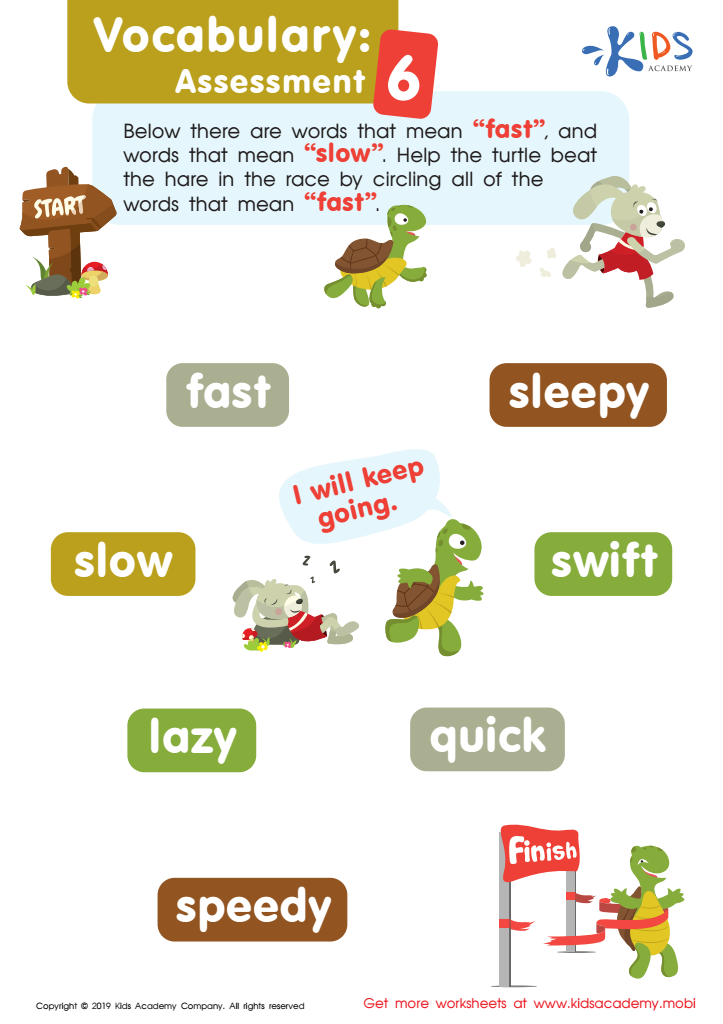

Vocabulary: Assessment 6 Worksheet
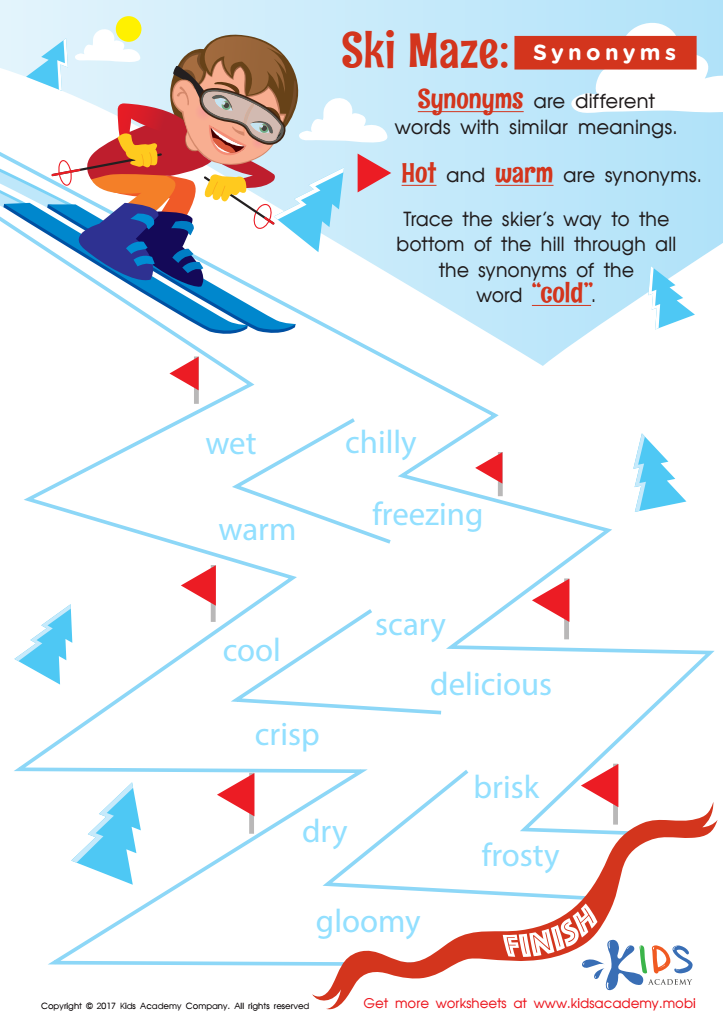

Free Printable Synonym Worksheet
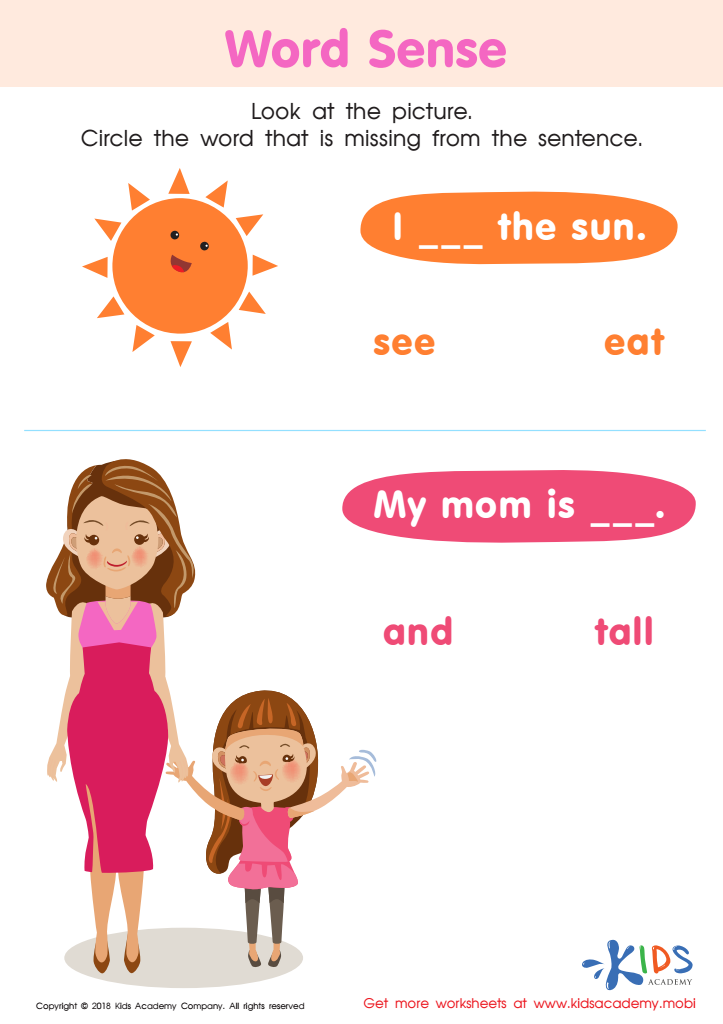

Word Sense Worksheet
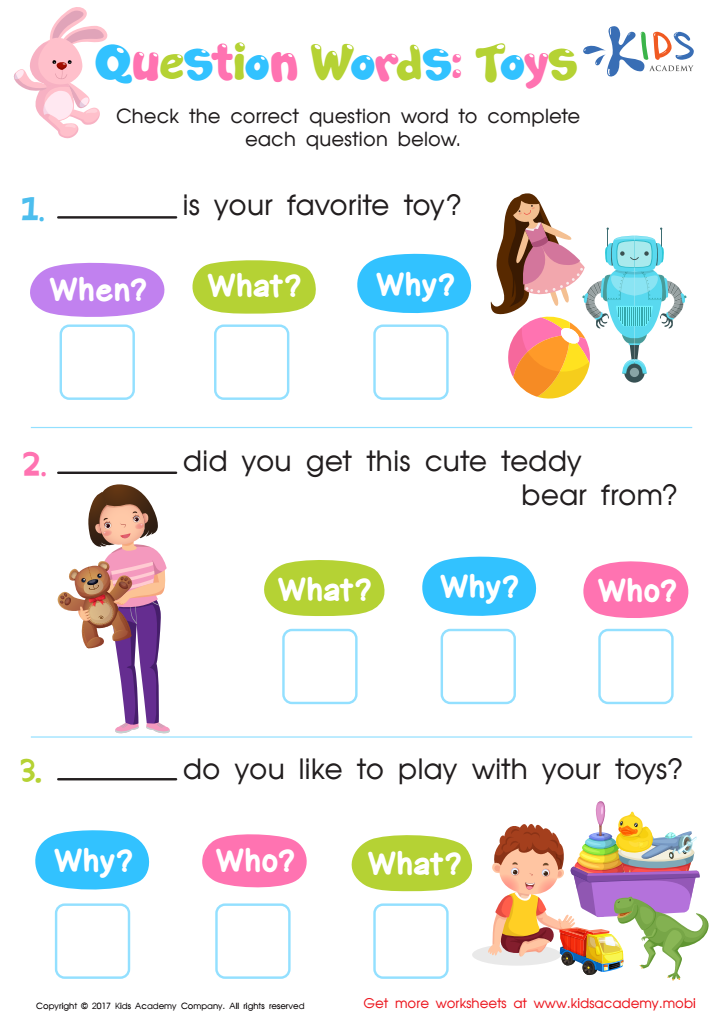

Question Words: Toys Worksheet
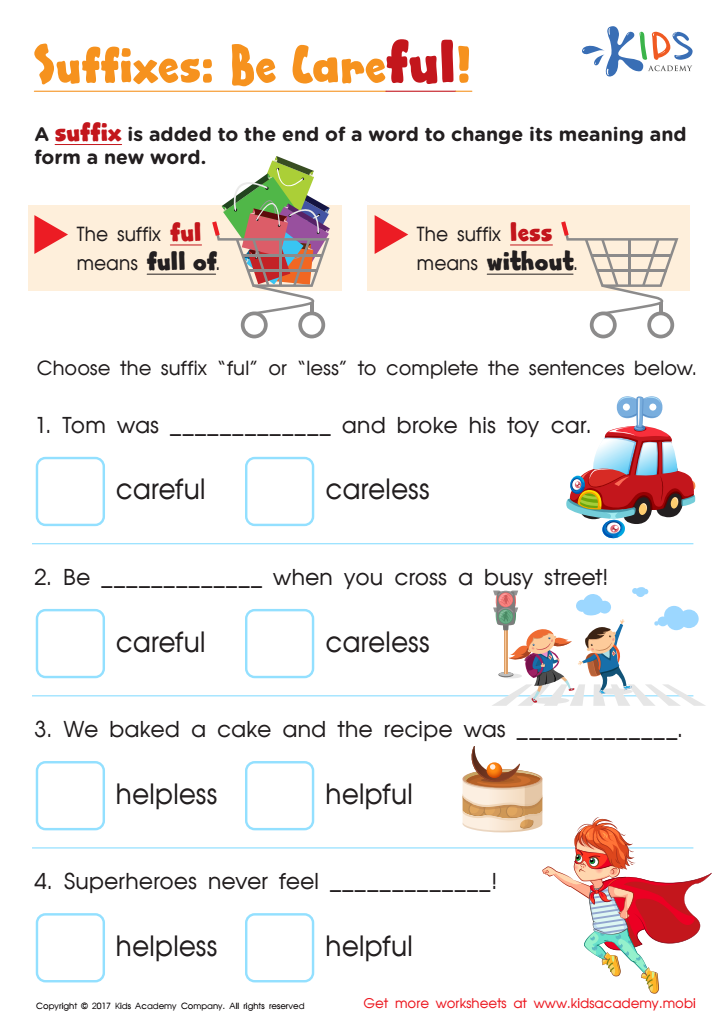

Suffixes Ful and Less Worksheet
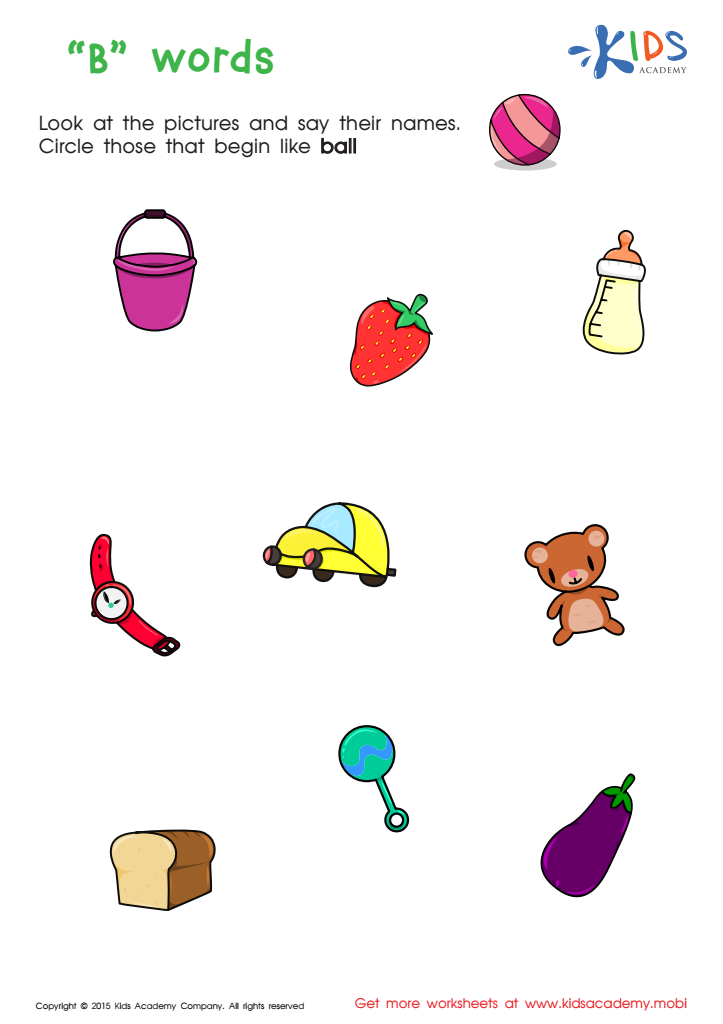

First Words Worksheet
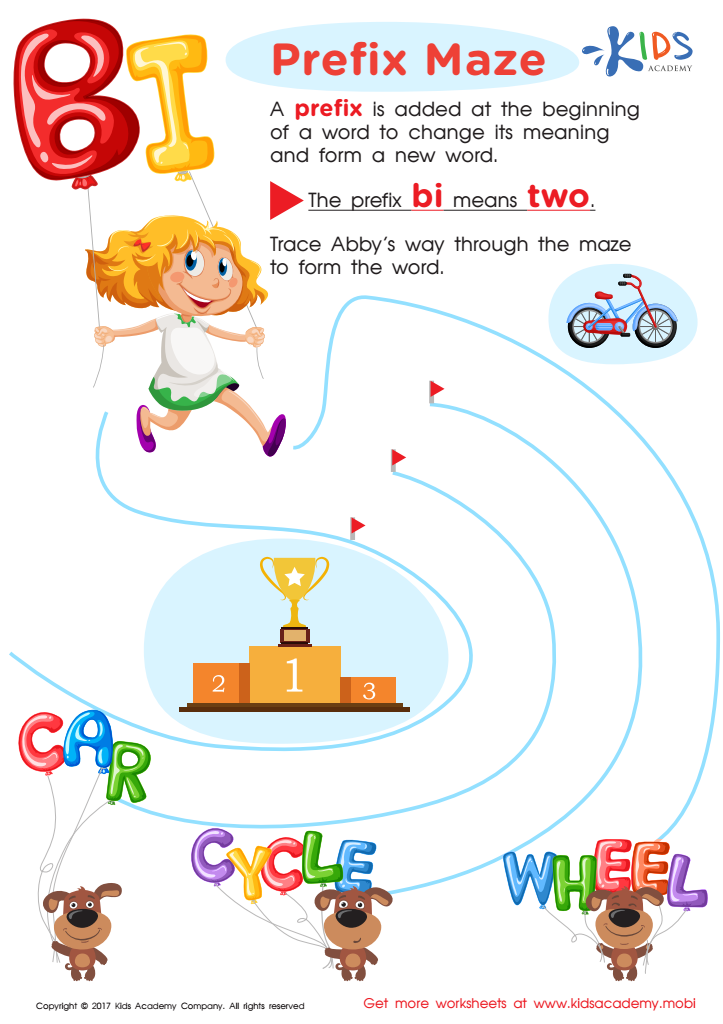

Prefix Bi Words Worksheet
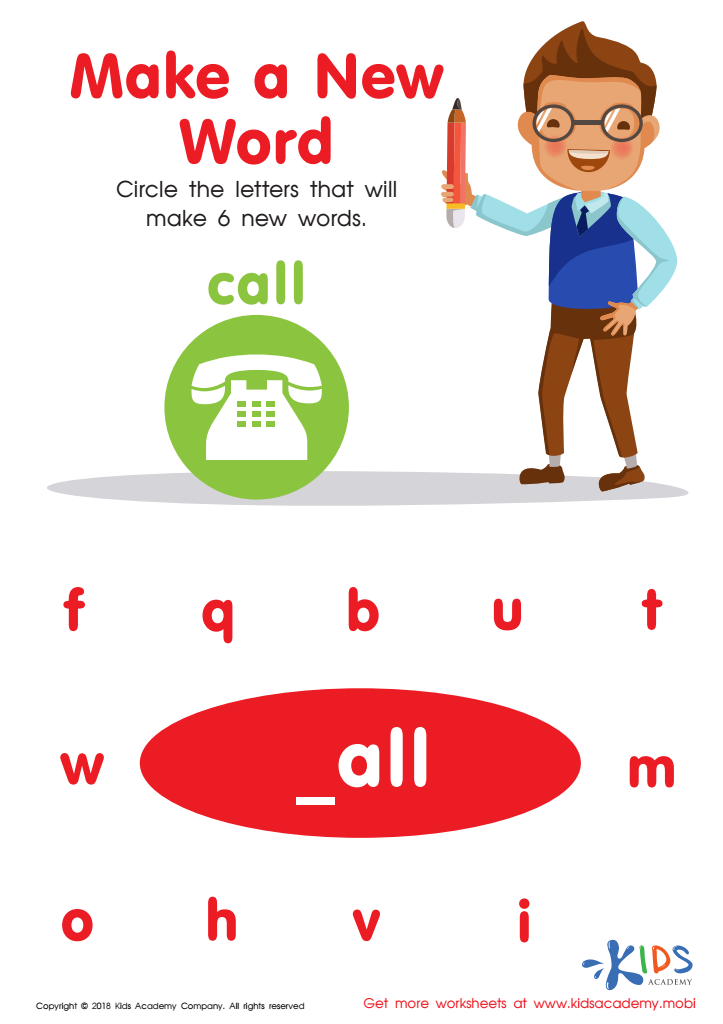

Make a New Word Worksheet
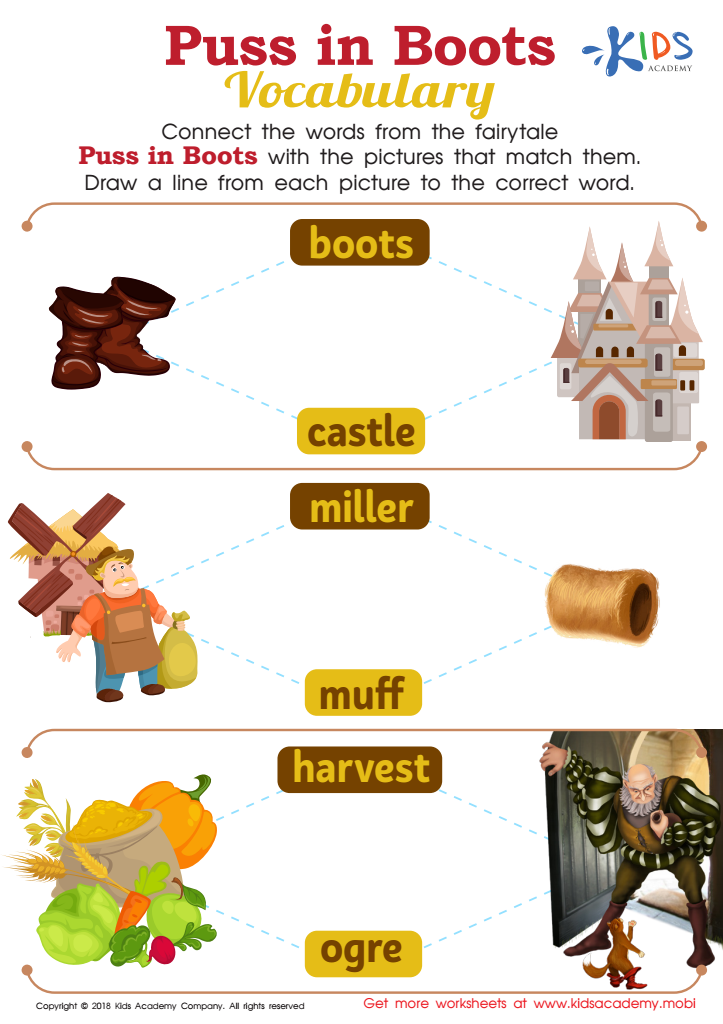

Puss in Boots Vocabulary Worksheet
Building vocabulary for children aged 4-5 is crucial for several reasons. At this formative stage, children's brains are exceptionally receptive to new information. A robust vocabulary is foundational to effective communication, enabling children to express their thoughts and feelings more precisely and understand others better. Enhancing vocabulary at this age can significantly boost reading comprehension skills once they start school, setting a strong groundwork for academic success.
Additionally, vocabulary expansion enhances cognitive development. It encourages children to think critically and creatively as they learn to make connections between words and concepts. With a richer vocabulary, children can engage more deeply in conversations, ask questions that lead to further learning, and exhibit stronger problem-solving abilities.
Socially, children with a more extensive vocabulary can interact more confidently with their peers and adults, which can improve their social skills and increase their self-esteem. Moreover, early vocabulary development is linked to long-term academic achievements and literacy skills. Research indicates that children with larger vocabularies are more likely to excel in reading and writing during their school years.
Parents and teachers play a pivotal role in nurturing this aspect of early learning by providing a language-rich environment, reading aloud, and engaging in diverse conversations. Prioritizing vocabulary development at this age sets children on a path to lifelong learning and successful communication.
 Assign to My Students
Assign to My Students





























